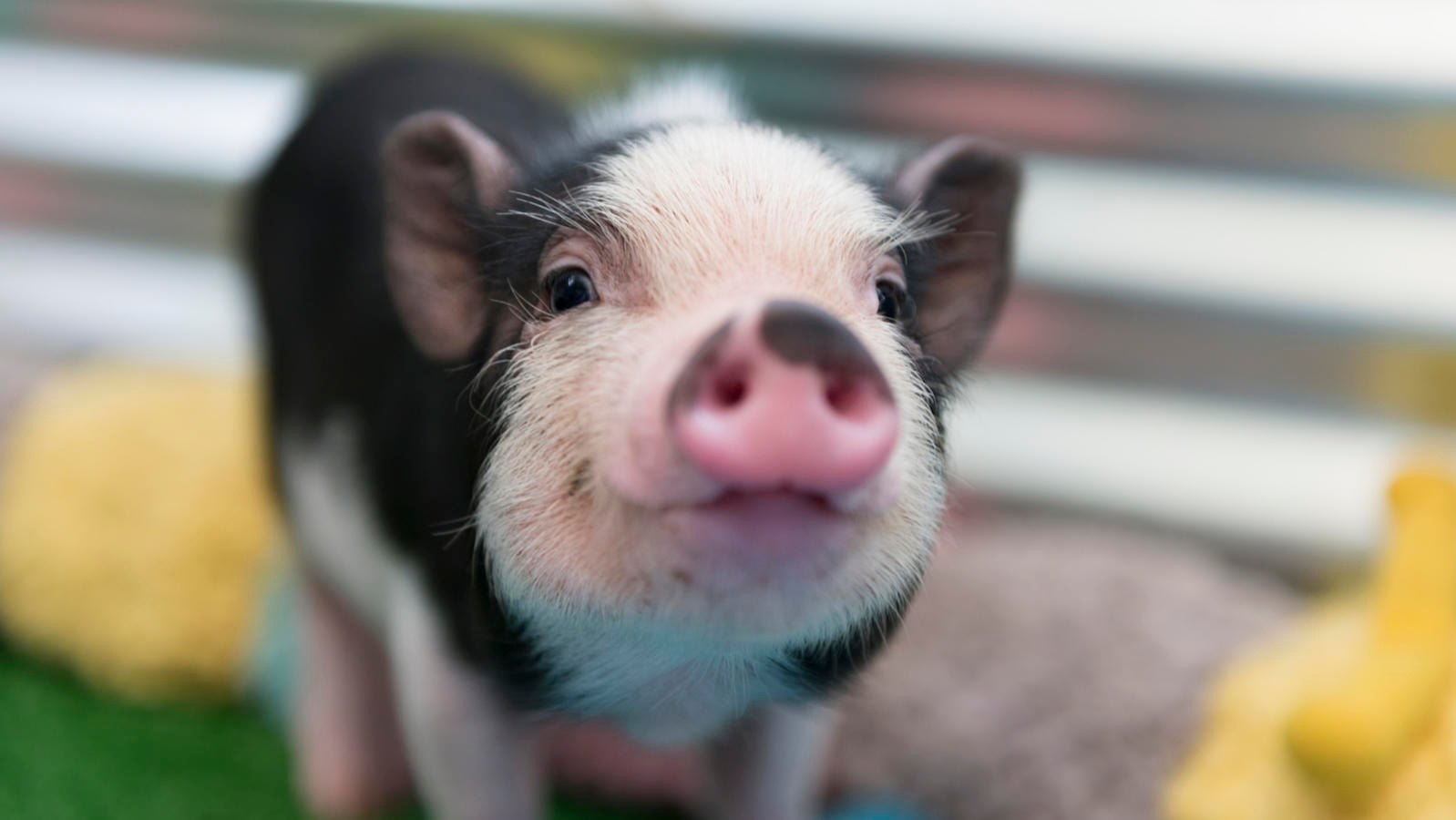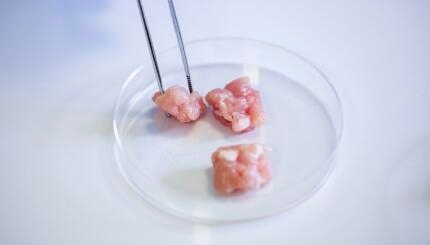Question: A dear (gentile) friend’s brother recently had life-saving heart valve replacement surgery. The surgeons used a heart valve from a pig, which apparently is the best option for such a procedure. Would an observant Jew in need of the same operation be permitted to use a valve from a pig?
–Pamela, Baltimore
Answer: In modern medicine, pig skin is sometimes transplanted onto patients with severe burns, and heart valves from pigs are often transplanted into patients with damaged or diseased heart valves. This process, called xenografting or xenotransplantation, describes transplants from any non-human animal to a human.
One might assume that Jews would be prohibited from receiving xenotransplants from pigs because of the biblical prohibition against eating and touching swine in Leviticus 11:7-8: “And the swine — although it has true hoofs, with the hoofs cleft through, it does not chew the cud: it is impure for you. You shall not eat of their flesh or touch their carcasses; they are impure for Me.”
However, Rashi, an 11th-century Torah commentator, explained that this prohibition against touching pigs applied only when Jews were on their way to Jerusalem to observe the three pilgrimage festivals — Passover, Shavuot and Sukkot. During those festivals the people were required to be in a heightened state of purity, so they had to avoid touching something like the flesh of a pig. Even on the way to Jerusalem, Jews were only prohibited from touching the flesh, that is, the meat of a pig. According to halacha (Jewish law) the skin of an animal does not transmit impurities, especially if it has been tanned.
With your help, My Jewish Learning can provide endless opportunities for learning, connection and discovery.
So there is no halachic problem with pigskin and pig heart valves—on the way to Jerusalem or at any other time. Beyond that, there’s a very important tenet of Judaism called pikuach nefesh, or, saving a life. According to Jewish law, any of the mitzvot (commandments) in the Torah (except idolatry, murder, and forbidden sexual relationships) can and in fact should be violated in order to save a person’s life; the pikuach nefesh principle is that strong. This means that even if the use of pig parts wasn’t generally allowed by halacha, when people’s lives are at stake, we are commanded to do whatever is necessary to save them.
Incidentally, this exact issue was brought up on an episode of Grey’s Anatomy a few years ago. In the episode (“Save Me” Episode 8, Season 1) an Orthodox Jewish girl refuses to have a life-saving xenotransplant from a pig because it’s not kosher. The surgeons eventually do the procedure with a xenotransplant from a cow, instead. When the episode first aired, the Orthodox Jewish community responded by condemning the depiction of Jews and Jewish law. Rabbi Avi Shafran, director of public affairs for Agudath Israel of America, called the character’s refusal of the pig part “silliness.”
Bottom line: If it’s a life-saving procedure, there’s no problem using parts of a non-kosher animal — unless that part is a ham sandwich, and the procedure is not so much life-saving, such as lunchtime.
Torah
Pronunced: TORE-uh, Origin: Hebrew, the Five Books of Moses.
halacha
Pronounced: hah-lah-KHAH or huh-LUKH-uh, Origin: Hebrew, Jewish law.



